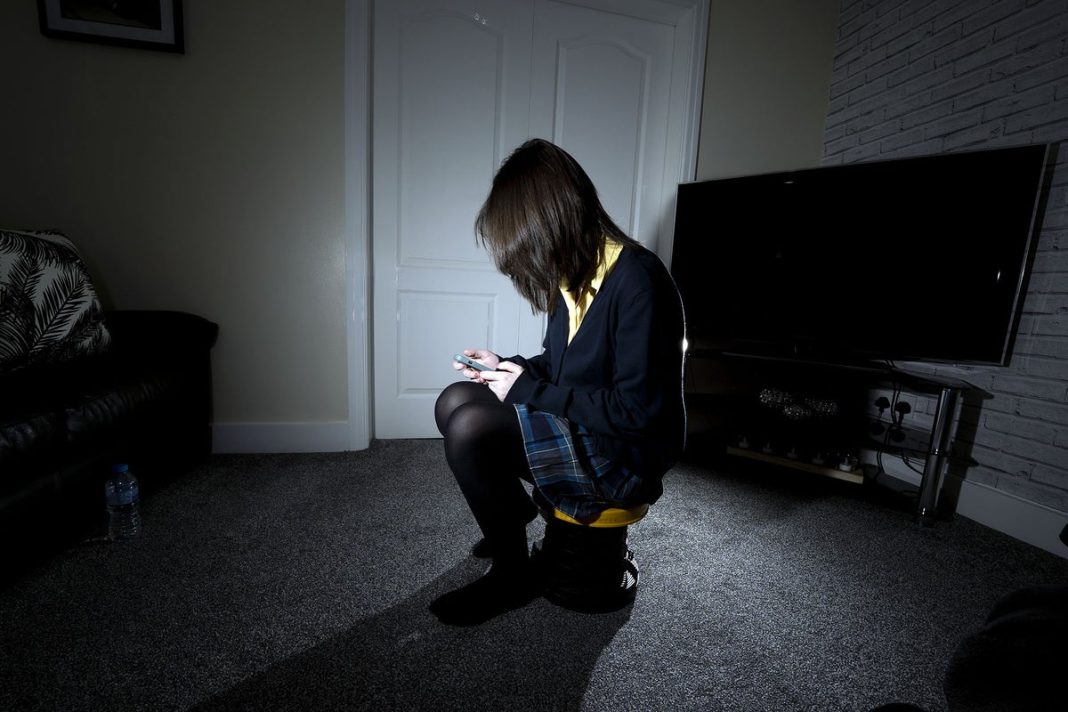Denmark Bans Social Media for Children Under 15 in Landmark Move
Denmark has announced a groundbreaking agreement to prohibit social media access for children under 15, intensifying pressure on tech giants amid global concerns about harmful content targeting young users.
Key Takeaways
- Denmark becomes the latest country to ban social media for under-15s
- Parents may grant limited access to 13-14 year olds after assessment
- Legislation expected to take months with strict enforcement measures
- Tech giants face potential fines up to 6% of global income for non-compliance
Staged Implementation with No Loopholes
Digital Affairs Minister Caroline Stage emphasized the legislation won’t be rushed. “We need to make sure the regulation is right and that there are no loopholes for the tech giants,” she stated. Cross-party lawmakers will spend months crafting the legislation to ensure effectiveness.
Enforcement Through Digital ID System
Denmark plans to leverage its national electronic ID system, where nearly all citizens over 13 have digital identification. The country is developing an age-verification app, with several other EU nations testing similar solutions.
“We cannot force the tech giants to use our app, but what we can do is force the tech giants to make proper age verification,” Stage said.
Global Context and Precedents
The move follows Australia’s December ban setting the minimum social media age at 16, with platforms facing fines up to AU$50 million for violations. Meanwhile, China has implemented screen time limits, and French prosecutors are investigating TikTok over suicide-related content allegations.
Existing Protections and Industry Response
The EU’s Digital Services Act already prohibits under-13s from social media accounts. Platforms like TikTok and Meta use AI-based age verification through selfies, though both companies declined to comment on Denmark’s new measures.
“We’ve given the tech giants so many chances to stand up… They haven’t done it. So now we will take over the steering wheel,” Stage declared.
The Danish ministry highlighted the profound impact on youth: “Children lose their peace and concentration, and experience increasing pressure from digital relationships. This is a development that no parent, teacher or educator can stop alone.”






